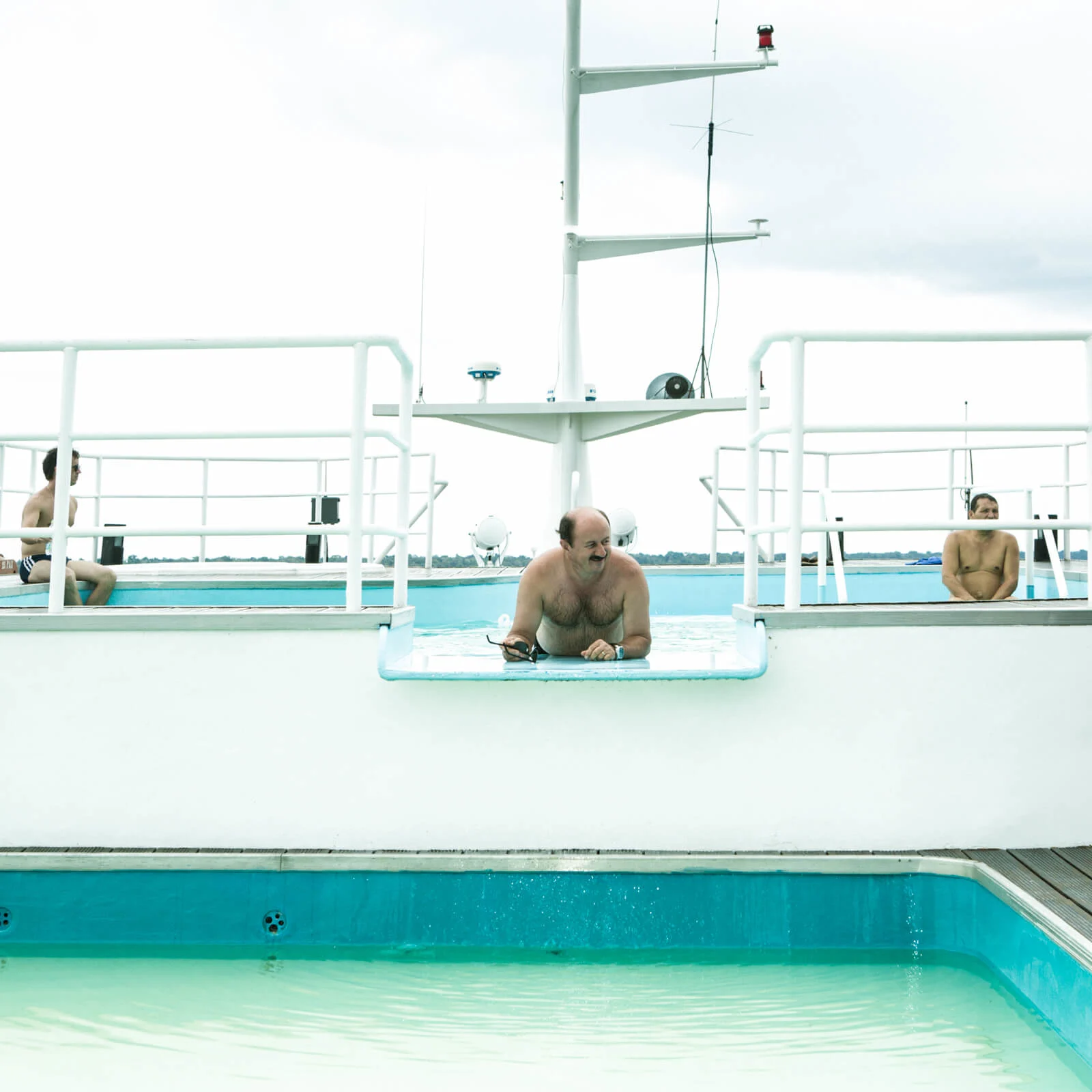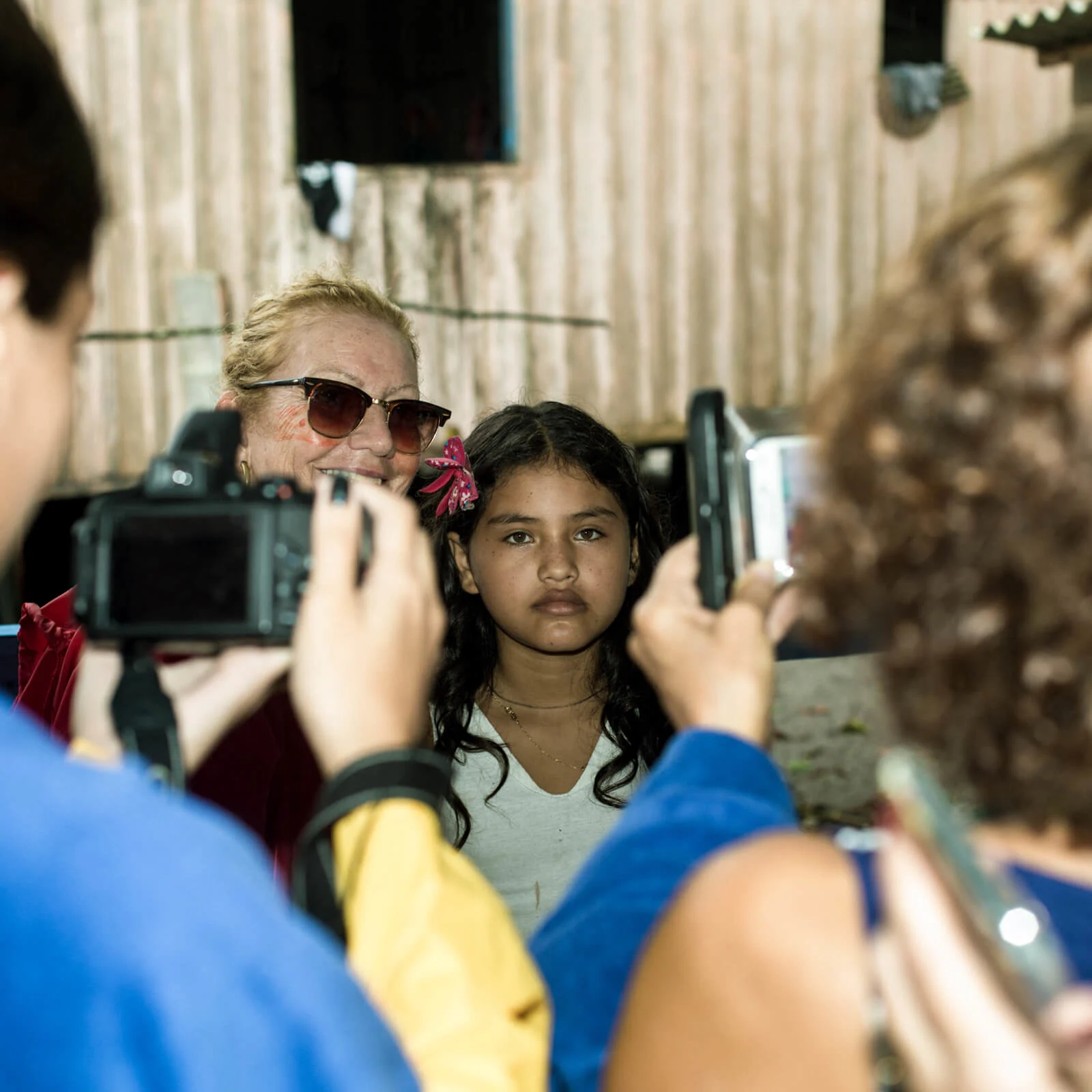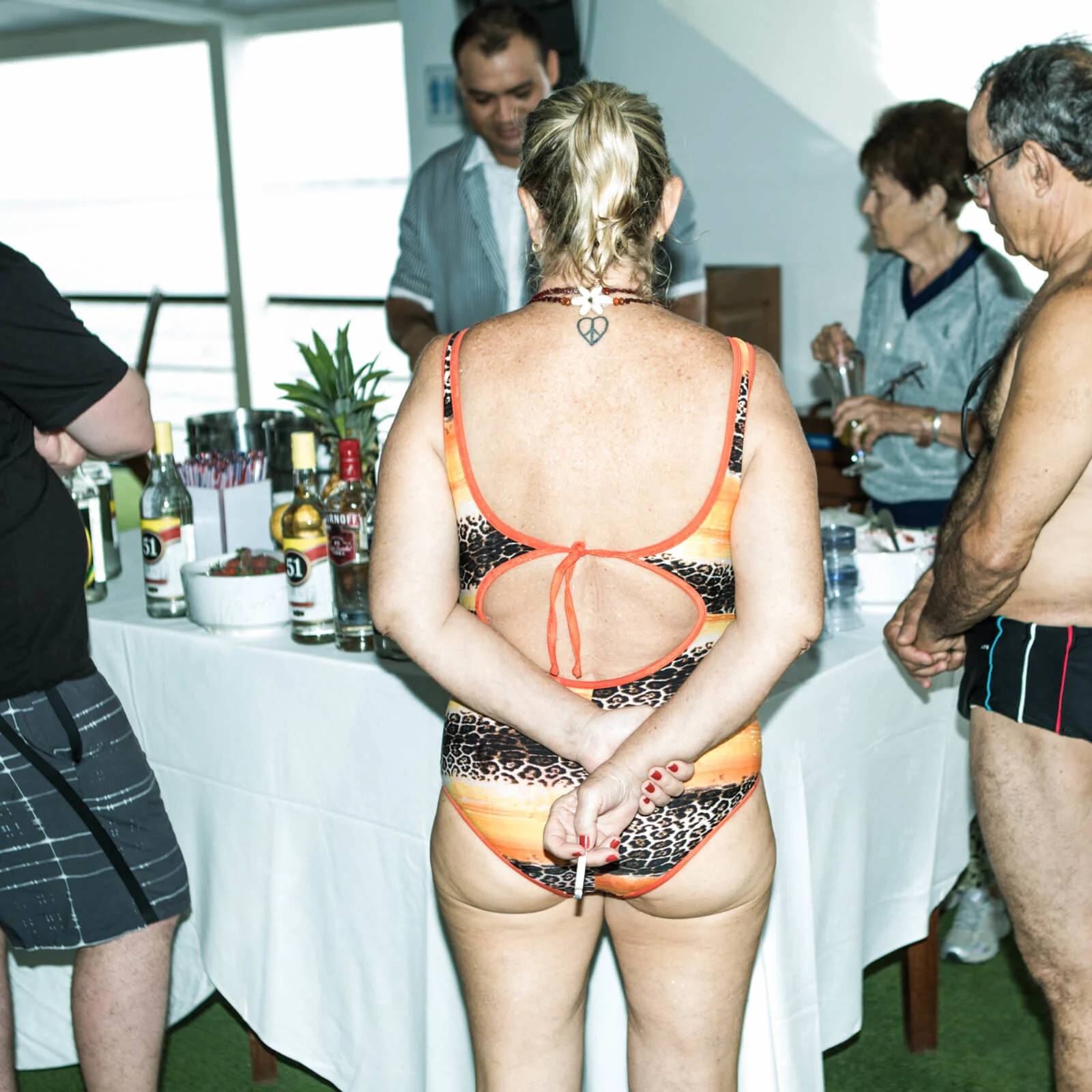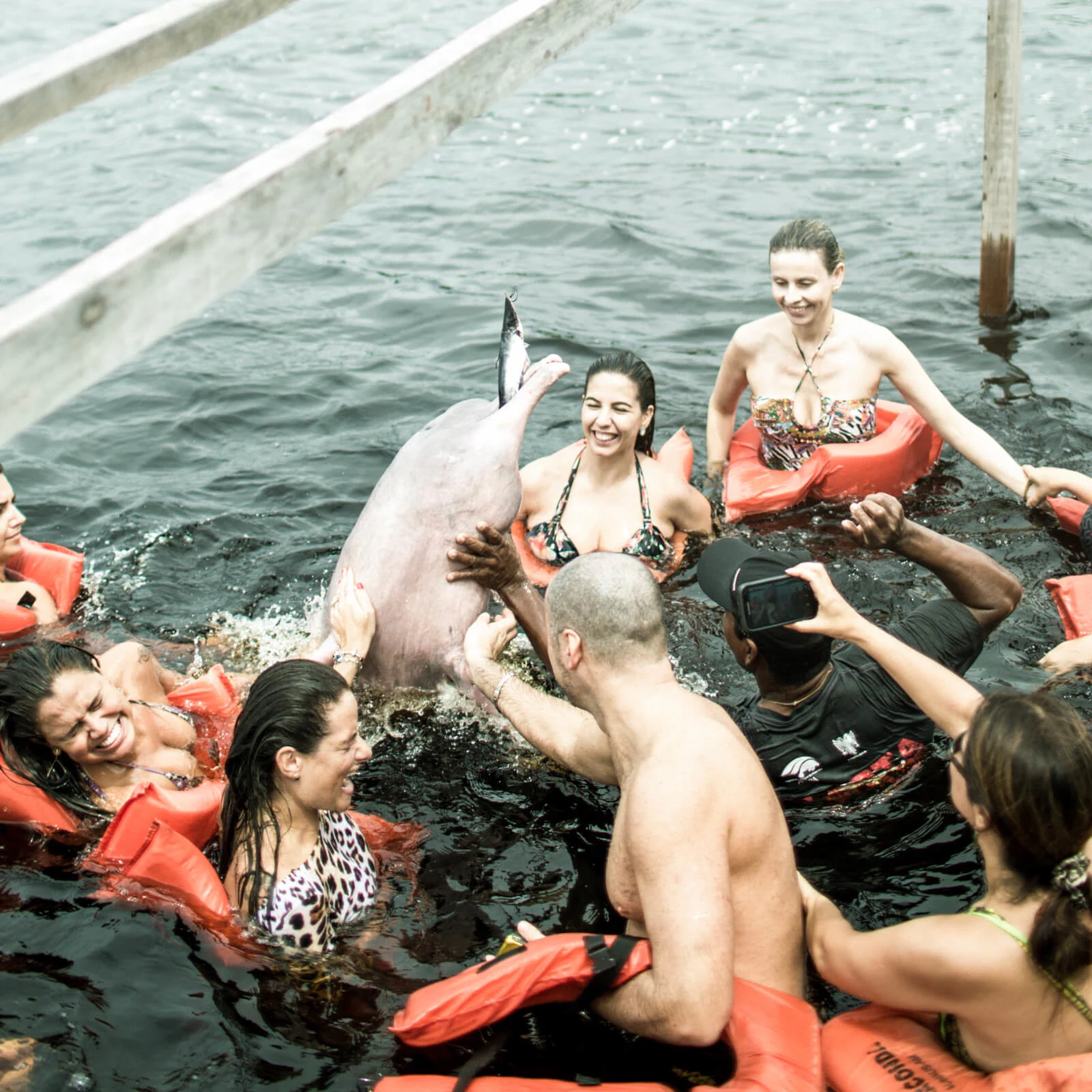
“My earliest memories of falling in love with imagery involve me opening up a big box of family photographs and gluing them all over my bedroom wall,” says Fernanda Frazão. “Another one was when I won a point and shoot camera and spent my early teenage years taking photos of my friends.”
Despite these early inclinations towards photography, Fernanda insists that she wasn’t a particularly creative child, didn’t come from an overly artistic family and grew up in an area of Brazil where most people’s hobbies revolved almost solely around rodeo and barbecued meats.

Going to a public school in a countryside town five hours out of São Paulo didn’t stoke her latent creative flames either, art resources were poor and it wasn’t a subject encouraged in the classroom. Once a year though, the town did host a theater festival and it was here that Fernanda first saw the possibility of what moving image and performance could ignite in people. Her interest was piqued further when a friend returned from vacation in São Paulo and told her of a cousin who was studying film in college - “tales from the big city”. “I thought, maybe that would be a cool thing to do,” she says.


Fernanda’s love for imagery continued to grow through her studies and following graduation she began working as a freelance photographer, shooting stills and short documentaries for magazines around the country. In the last few years she has worked in travel photography, and it was within this field that she has noticed, and subsequently documented, some of the changes happening within Brazilian society.
As the country’s economy began to boom in the late noughties Fernanda noted a swell in the middle class, and with this came the yearnings for aspects of a capitalist lifestyle that other countries had enjoyed for years. One of these boom areas was tourism. In the last decade, even, the Brazilian middle class has increased its expenditure on tourism by over 200%. It’s this democratization that has caught the attention of Fernanda’s lens.

“I was interested in the reality behind this ‘dream myth’ supported by the tourism industry,” she says. “Since the 1950s, when the boom of capitalism occurred, we have been deceived into trying to heal our problems with our own house, the fancy refrigerator or a new car and now we are attracted by the most coveted promise of encapsulated happiness: tourism. A wish that captures all of us - a yoga retreat in India, safari in Kenya, Disneyworld.”
And it was Fernanda’s exploration of her home country’s tourism explosion that lead to one of her most successful projects to date - Amazon B Side. The photography series saw Fernanda travel on an all inclusive holiday cruise down the Rio Negra, capturing the revelry as she went. There’s the man in a striped purple shirt sweating profusely at the dance party in the summer humidity, the couple stealing a moment to watch a sunset on the balcony of the Presidential cabin, the awe inspiring images of the rainforest looming large at night.


And then there’s the absurdities often associated with cruise culture - 24/7 colorful cocktails, sunburnt pink flesh poking from too tight swimsuits, the watermelon carved into the shape of a toucan, decorated with lobster tails and jumbo shrimp - “rich people food” symbolising newfound wealth. A taste of ephemeral happiness.
“Brazil has always been marked by social inequality,” Fernanda say. “Many people want access to the privileges of the wealthiest classes. But there is an ambiguity in this essay that I find very interesting. It is a crossroads about criticism and self-criticism, and it reflects a lot of our social behaviors and prejudices in Brazil,” she says. “At first there’s the criticism and the desire to laugh, and differentiate ourselves from them. But throughout the series I think that feeling changes into empathy, to look and laugh at yourself and to see our reflection in this everyday life in some way.”

For Fernanda Amazon B Side merely scratches the surface of a topic that’s ripe for excavation. She plans to continue documenting the changing sociopolitical landscape of her native country. “It’s an oscillating social statement,” she says, “which governs its culture according to fluctuations in consumption - of which I am also a part.”
“Photography has the power to look like pictures but to be ideas. It is to be present, an act of paying attention and enlarging the way I view the world. I believe that photographers are social commentators, documenting the most absurd aspects of life, time and the world in which we live.”